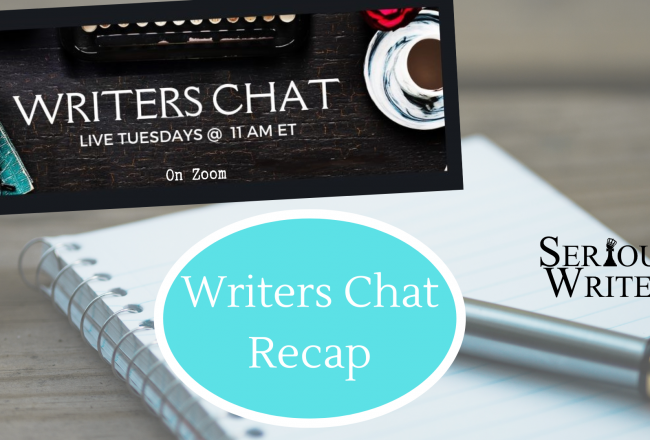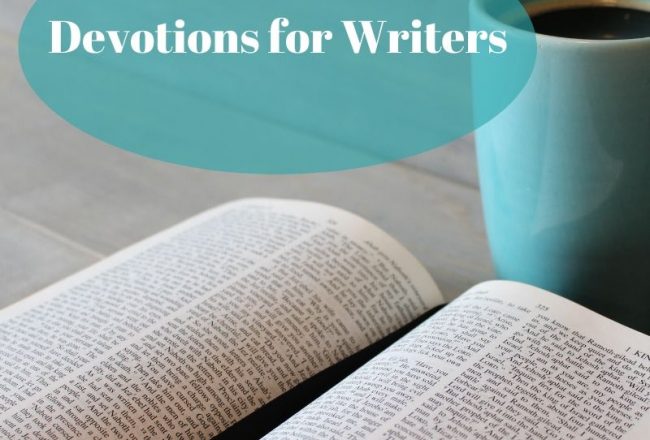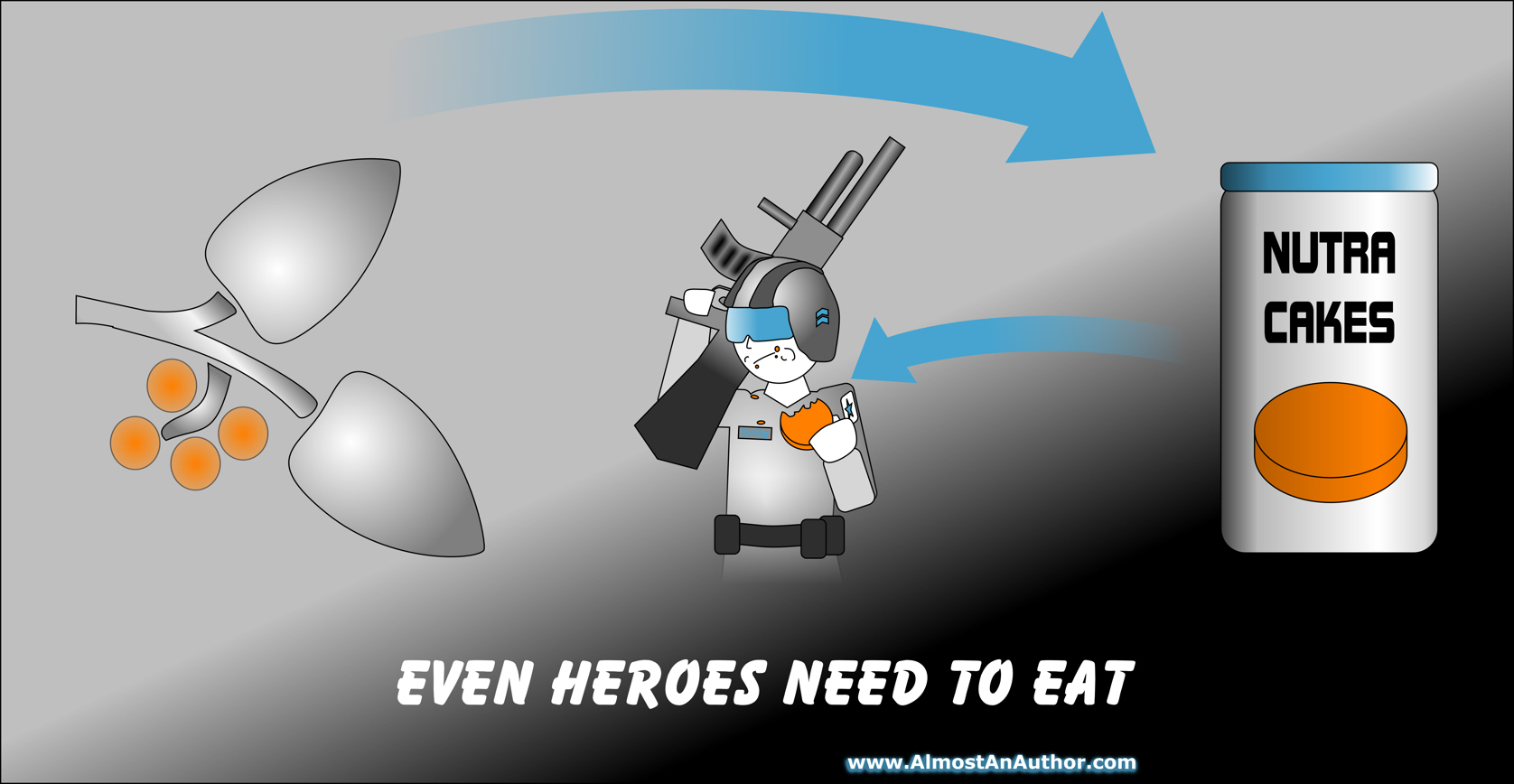
Food for your Storyworld
Regardless how fantastic the setting, the people in your book must treat their environment as commonplace. A character who…
November 28, 2015
Regardless how fantastic the setting, the people in your book must treat their environment as commonplace. A character who…
November 28, 2015
Let’s categorize these three figures of speech as “substitutions.” We’re going to explore three devices that make a point…
November 27, 2015
[author title=”Carol Heilman” image=”https://www.almostanauthor.com/wp-content/uploads/2015/10/DSC0432.jpeg”]Carol Guthrie Heilman, a coal-miner’s daughter, married a farmer’s son, her high school sweetheart, over fifty…
November 26, 2015
She experienced some miraculous moments. Her name is Betty Killian. For years this precious woman raised children and helped…
November 25, 2015
If anyone tells you writing is not an emotional thing, don’t believe it. Writing can be quite the emotional…
November 25, 2015
I love Christmas. I especially love sending and receiving Christmas cards. We send out a lot from our house,…
November 24, 2015
A fellow wordsmith recently shared his method for writing a novel. I was so intrigued by his straightforward process,…
November 23, 2015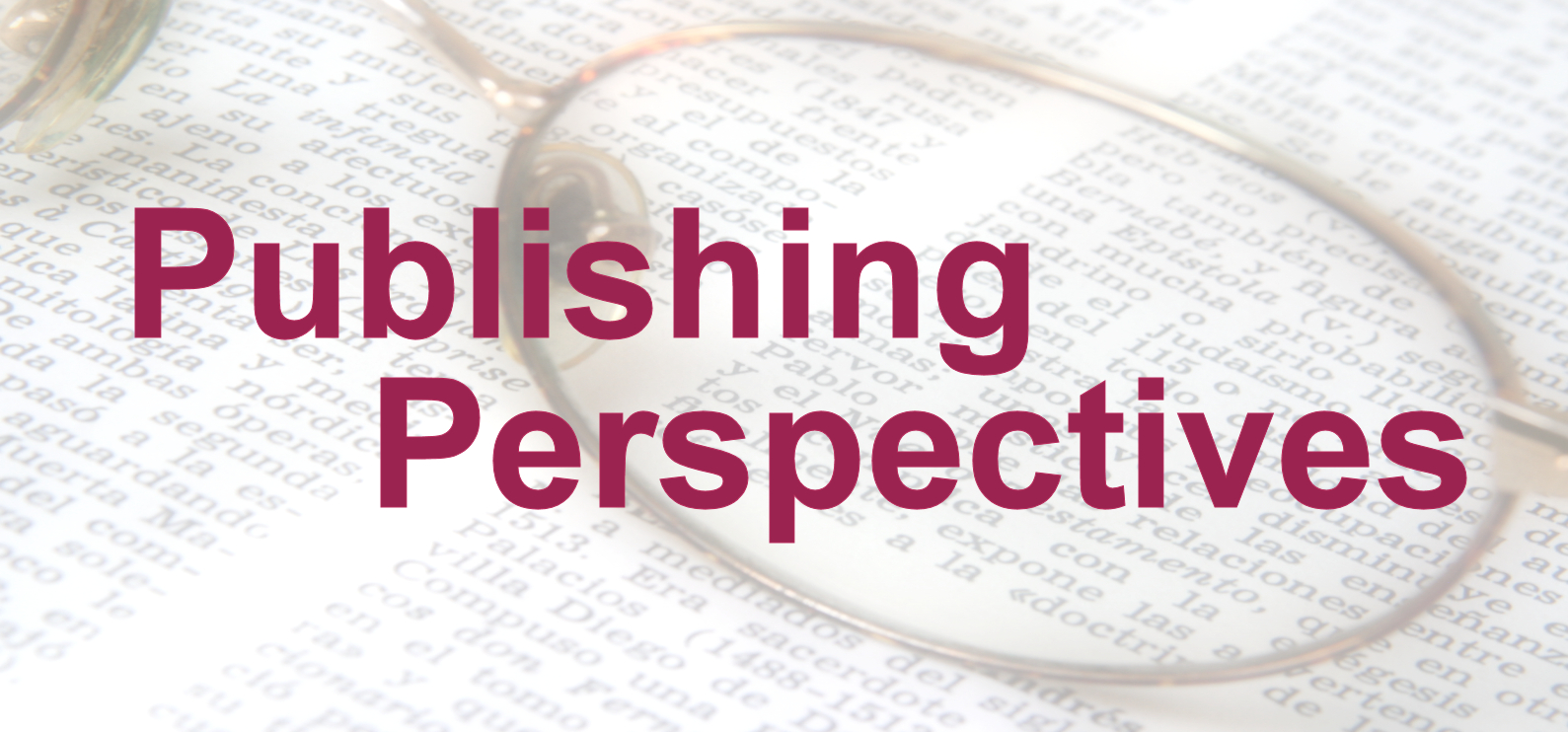
You’ve finally got your novel all polished up and ready to submit to a publisher. How is this done?…
November 22, 2015
One of the four must-have features of a website is the About page, but it’s overlooked by many writers. It…
November 21, 2015
“Where words fail, music speaks,” said Hans Christian Andersen, writer of such legendary stories as The Little Mermaid (not…
November 20, 2015
Habits and mannerisms must originate somewhere, for some reason. In a novel, where aspect of a character should be intentional, a character’s…
November 19, 2015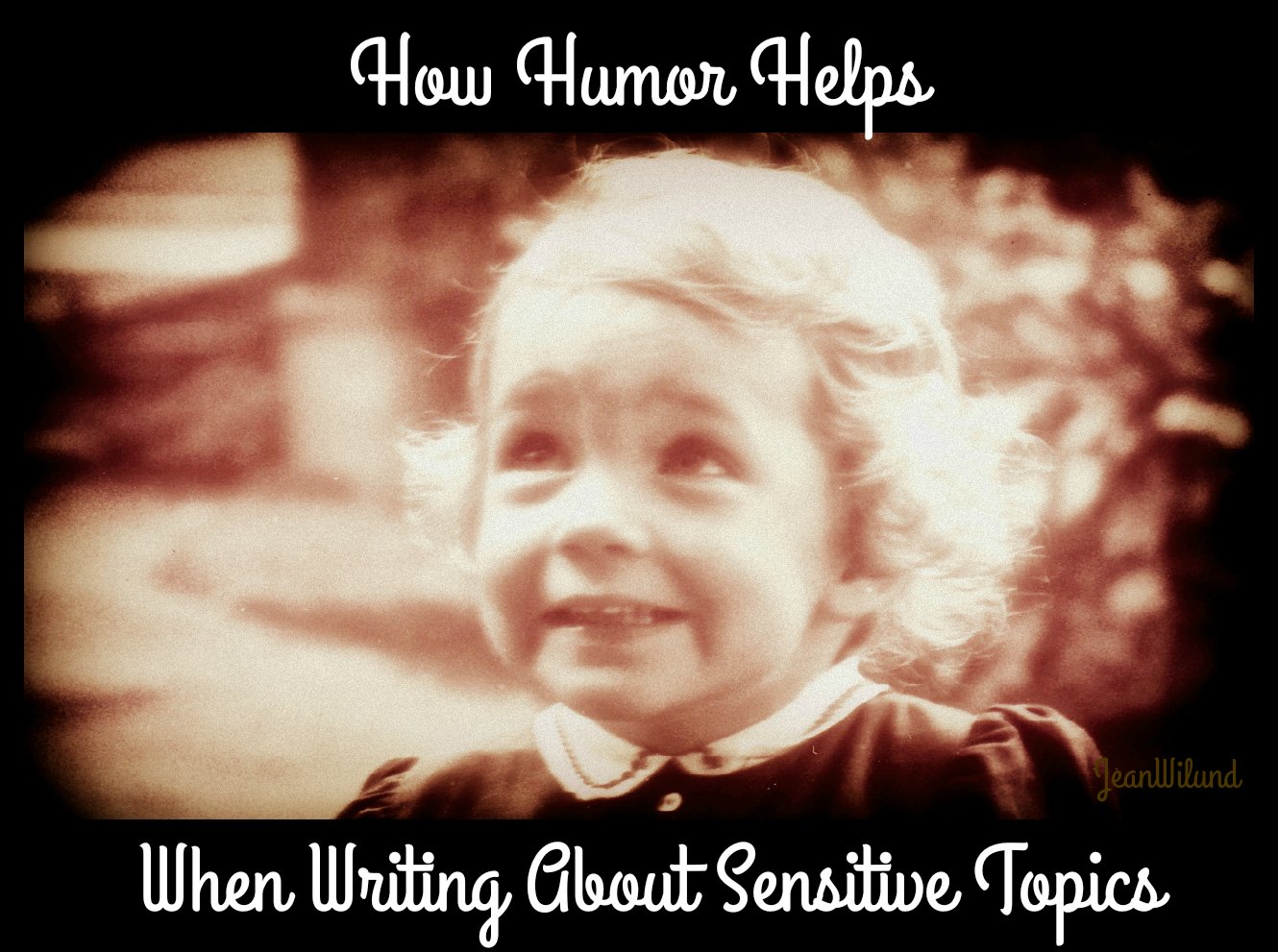
At first glance, making people laugh when addressing a sensitive topic seems absurd, maybe even callous. But then again, a little…
November 18, 2015
Picture Book Submissions – The Mighty Manuscript The third item to include in your full proposal submission for a…
November 17, 2015
Wielding Original Tweaks I try to come up with as many Characters as I can. This can…
November 16, 2015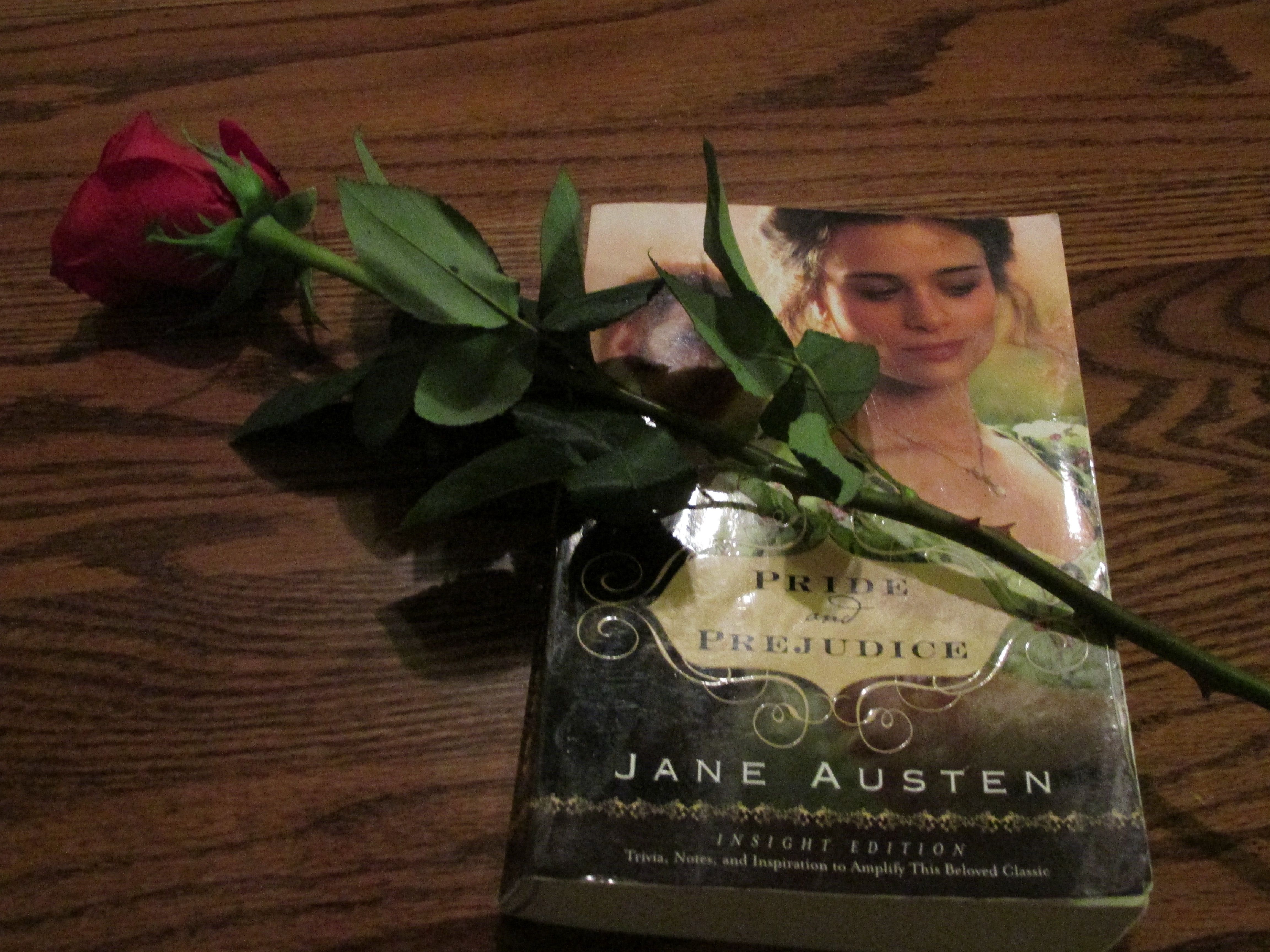
By Sandra Merville Hart I’ve read Jane Austen’s Pride and Prejudice at least a dozen times and loved…
November 14, 2015
Would you like to improve your vocabulary, fire your imagination, and learn about story structure and character development from…
November 13, 2015
[author title=”Dina Sleiman” image=”https://www.almostanauthor.com/wp-content/uploads/2015/10/5500b4595b888.image_.jpg”]Dina Sleiman writes stories of passion and grace. Most of the time you will find this…
November 12, 2015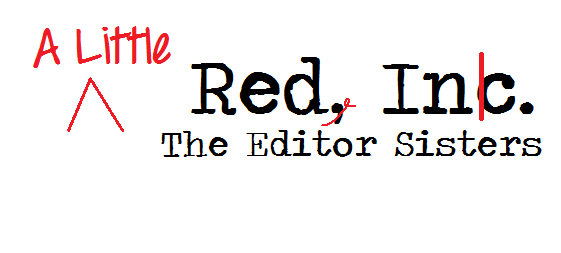
What is a macro edit? When you’re ready to choose a freelance editor, knowing the level of edit you’re…
November 11, 2015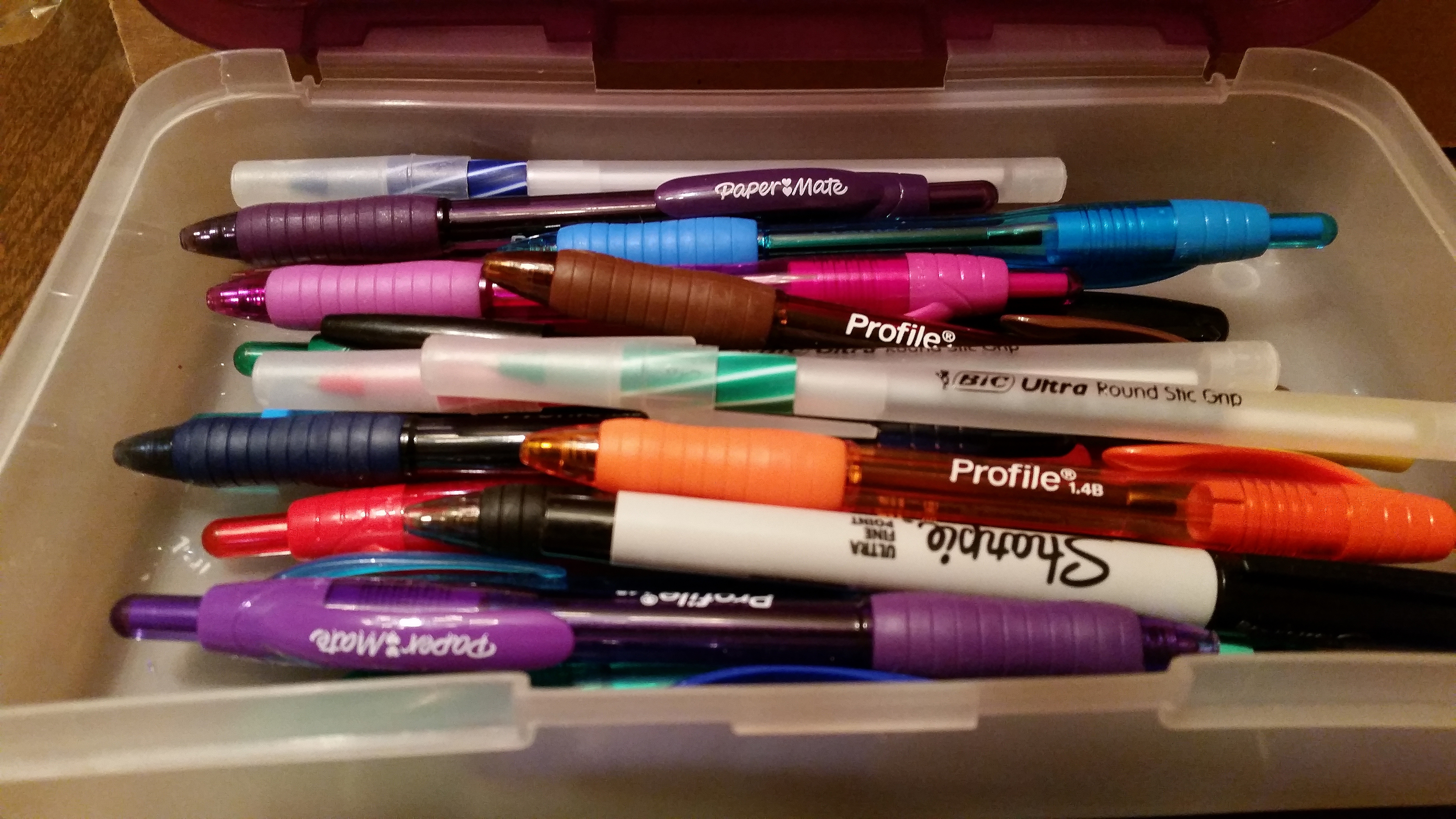
We’re looking at Donald Maass’ The Fire in Fiction. @DonaldMaass #FireinFiction I’m on a quest to learn more about…
November 10, 2015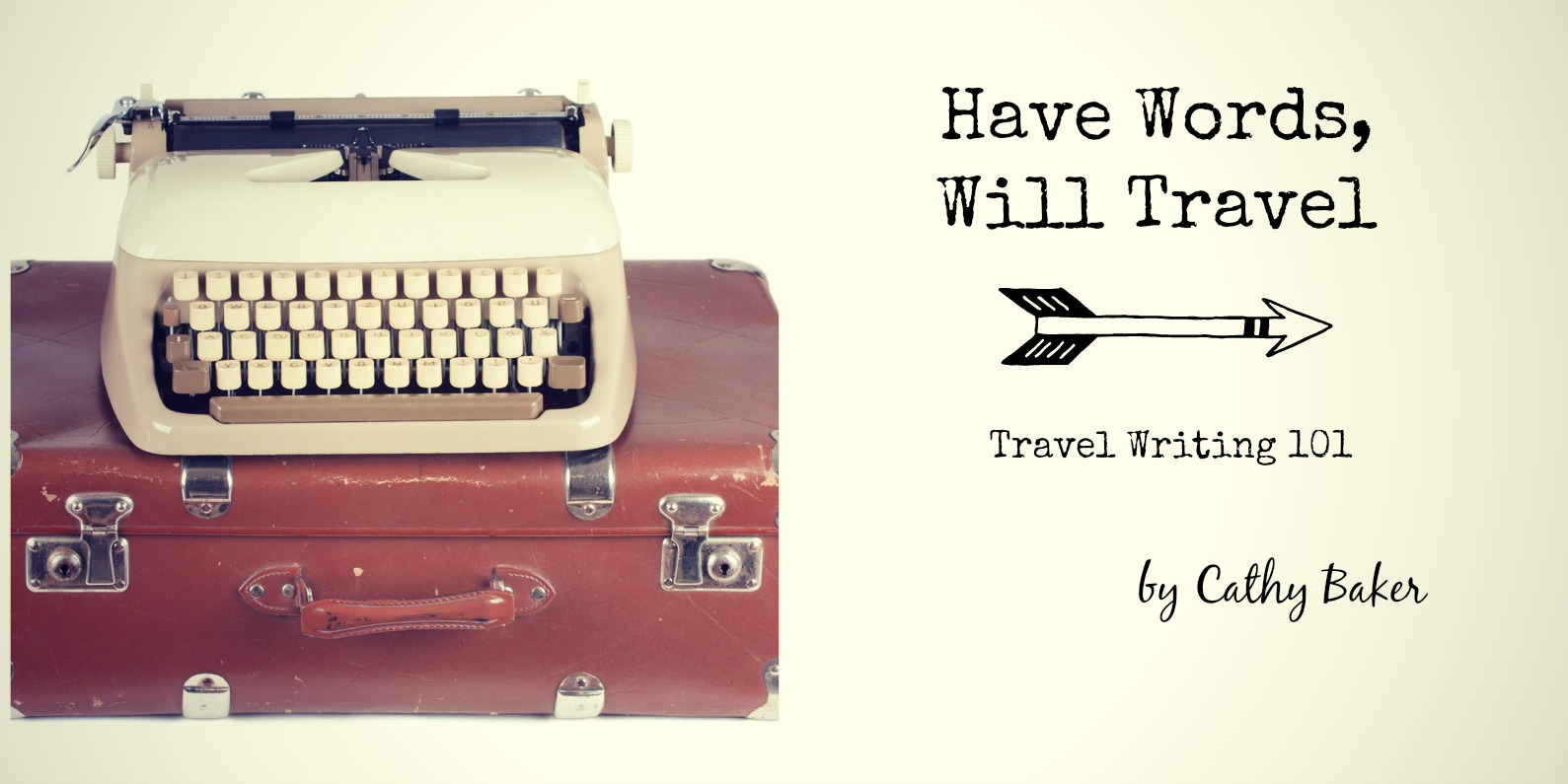
Andrew McCarthy, guest editor of The Best American Travel Writing 2015, says that the best travel writing is “the…
November 9, 2015Almost an Author (A3) Audio Blog – Week of November 1, 2015. For links to this content, please visit:…
November 8, 2015
“Daddy are there potties in Heaven?” My two-year old daughter asked when the subject of Heaven came up. She…
November 8, 2015
I don’t know about you, but once in awhile my poetry springs from the oddest of inspirations. Not too…
November 7, 2015
There it is again—another interruption. If it’s not the screaming baby needing to be fed, it’s the dog demanding…
November 6, 2015
Have you ever hit “send” for an email, or “publish” for a blog post, only to realize within a…
November 5, 2015



